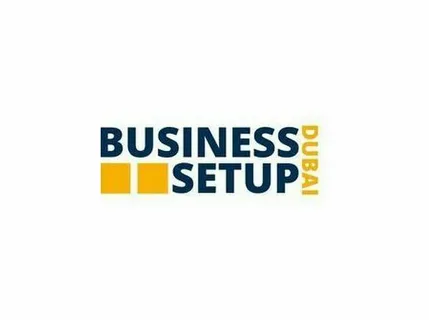Dubai, a city synonymous with ambition and innovation, presents a compelling proposition for small firms looking to establish a global presence. But the reality of setup business in Dubai can be daunting for those unfamiliar with the landscape. This article, drawn from my firsthand experience assisting numerous small businesses in their Dubai ventures, aims to provide a clear, practical understanding of the process and its potential benefits.
Overview:
- Dubai offers several attractive options for small firms, including free zones and mainland setups, each with distinct advantages and regulations.
- The process of registering a business in Dubai involves specific legal and administrative steps that require careful planning and execution.
- While the initial investment might vary, Dubai’s strategic location, tax benefits, and robust infrastructure significantly outweigh the costs for many businesses.
- Free zones like the Meydan Free Zone provide streamlined procedures, simplifying the establishment process for small businesses.
- Understanding the nuances of visa requirements and local laws is crucial for a smooth and successful business operation in Dubai.
Navigating the Legal Landscape for Small Businesses in Dubai
The legal framework for setting up a business in Dubai is well-defined, but its complexity can be overwhelming for newcomers. Depending on your business activities and long-term goals, you’ll need to decide between a mainland company, which allows direct interaction with the local market, or a free zone company, offering simplified procedures and 100% foreign ownership. The choice depends on the nature of your business and its market strategy. For businesses focused solely on export or international trade, a free zone often makes the most sense. For those desiring to directly serve the local Emirati market, a mainland setup is necessary, though this involves a more intricate registration process.
Choosing the Right Business Setup in Dubai: Free Zones vs. Mainland
Free zones provide a significantly simpler route to establishing a business. These designated areas offer 100% foreign ownership, tax benefits, and streamlined registration processes. However, operating within a free zone often restricts direct business dealings with the local Emirati market. Mainland companies, on the other hand, can engage directly with the local market but face more stringent regulatory requirements and often necessitate having a local partner. The decision requires careful consideration of your target market and long-term expansion plans. The Meydan Free Zone, for example, is known for its efficient setup procedures and supportive business environment tailored to entrepreneurs.
The Streamlined Process of Setting Up in a Free Zone like Meydan
Setting up in a free zone like the Meydan Free Zone is significantly less complicated than establishing a mainland company. The process typically involves selecting a suitable business activity, choosing a company name, securing a trade license, and obtaining the necessary visas for employees. Free zones often offer packages that handle many aspects of the setup, from legal and administrative support to office space provision. The Meydan Free Zone stands out for its proactive approach to assisting businesses, facilitating rapid registration and offering ongoing support to help companies thrive. This can save considerable time and resources for small businesses.
Understanding Visa Requirements for Employees and Business Owners
One crucial aspect of setting up a business in Dubai, regardless of whether it’s in a free zone or mainland, is understanding the visa requirements. You’ll need to secure appropriate visas for yourself and any employees, and this process involves various steps and documentation. The visa process is closely linked to the business license, meaning you need to obtain a license before applying for visas. It is recommended to engage legal professionals specializing in Dubai business setup to assist you with this complex process, ensuring your compliance with all applicable regulations.
Financial Considerations: Costs and Investment for Small Businesses
Setting up a business in Dubai requires a financial investment, though the exact amount varies significantly depending on the business type, location, and legal structure. Free zone setups generally have lower initial costs compared to mainland businesses. Costs will include registration fees, visa expenses, office space rental (unless a virtual office is sufficient), and initial operating capital. Careful budgeting and financial planning are essential before you begin the process. The return on investment in Dubai, however, particularly in terms of market access and business growth potential, can be significant for many small firms.
The Benefits of Establishing Your Business in Dubai
Despite the initial investment and regulatory considerations, Dubai offers compelling advantages for small businesses. Its strategic location, excellent infrastructure, and tax-friendly environment create a conducive environment for growth. The city’s cosmopolitan atmosphere attracts a diverse talent pool, fostering innovation and collaboration. Dubai’s strong legal framework provides security and stability for businesses, while the government’s commitment to supporting entrepreneurship further enhances the appeal of setting up in this dynamic city. The Meydan Free Zone, with its streamlined processes and supportive ecosystem, makes it easier than ever before for small businesses to access these benefits.
